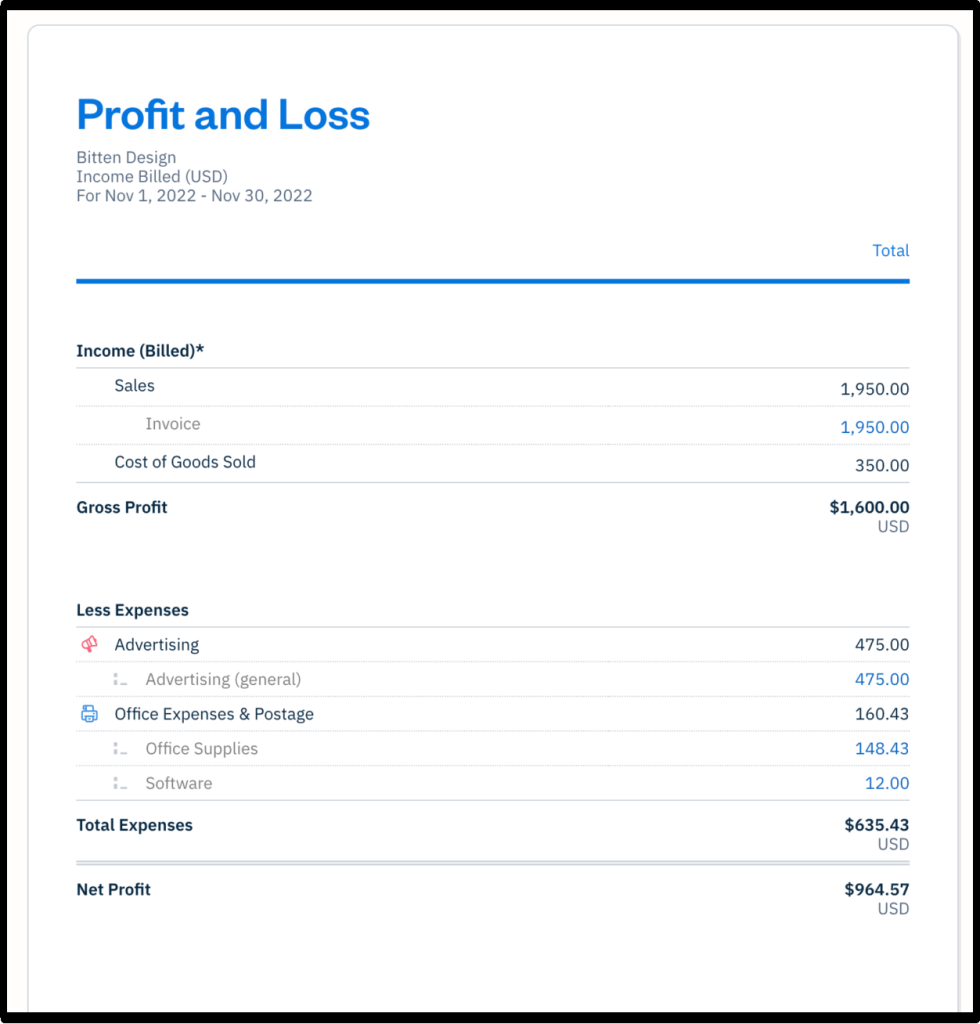Mastering the law is only one component of success in the legal profession. Many law experts are caught up in court hearings, customer meetings, and case preparation.
However, succeeding in the law field requires more focus on the most vital part of business: financial management. Financial management is important to a law company’s overall performance and viability.
This blog will explore the core pillars of financial management in law firms.
Table of Content
Key takeaways
- Mastering financial management, including bookkeeping, payroll, and cash flow, is crucial for a law firm’s success and compliance.
- Effective billing, invoicing, and financial reporting ensure steady cash flow and client trust.
- Proper tax planning and financial KPIs enhance stability and future growth.
What is Law Firm financial management?
Effective law firm financial management entails more than just managing income, expenses, investments, and liabilities. It is about laying a solid financial foundation that will allow your company to withstand difficulties while seizing possibilities for growth.
It includes planning, organising, directing, and controlling a law firm’s financial activities. This involves, among other activities, monitoring profitability and expenditure to forecast and plan for revenue growth.

Key components of law firm financial management
Bookkeeping
A poor bookkeeping system can severely impact your legal firm’s growth potential, compliance issues, and customer satisfaction regarding financial management.
Inadequate bookkeeping can expose a company to risks such as mishandling client money, trust funds, and incorrect or mismanaged expenses. A bookkeeper working for or with a legal firm should have specific knowledge in this field and industry to prevent the risk of regulatory non-compliance.
Payroll Management
Payroll management is crucial to law firm financial operations, ensuring employees and attorneys receive accurate and timely compensation. This includes calculating salaries, bonuses, and benefits according to established policies and legal requirements.
Compliance with labour regulations is essential to avoid legal liabilities and maintain employee satisfaction. By efficiently managing payroll, law firms can create a positive work environment and retain talented professionals who contribute to the firm’s success.
Cash Flow Management
Irregular cash flows caused by customer payment timing and unpredictability of expenses can make meeting financial obligations difficult. Furthermore, some practice areas may be more active at various periods of the year, resulting in seasonal fluctuations in cash flows.
Tax law firms are an excellent example, as they frequently see increased demand during the tax season. Delays in billing and collection can influence a legal firm’s cash flow.
Billing and Invoicing
Billing and invoicing processes are fundamental to the financial health of a law firm, as they directly impact cash flow and client relationships. Law firms generate invoices based on billable hours, fixed fees, or other agreed-upon terms with clients.
It involves accurately documenting services rendered, tracking billable time, and promptly sending invoices.
Managing accounts receivable and following up on payments are critical to maintaining steady cash flow and reducing outstanding debts. Effective billing practices ensure financial stability and enhance client trust and satisfaction, as clients receive transparent and timely billing information.
Financial Reporting and Analysis
Understanding important financial measures and analysing financial documents are essential for tracking your company’s success and making sound decisions.
Regular financial evaluations help you determine areas of strength and weakness in your company’s finances. Frequently monitoring financial data will help you adjust your plans according to the changing market conditions and improve your company’s financial stability.
Accounting
Accounting techniques in law firms evaluate, interpret, and summarise financial data for various operational purposes. While the accounting side of running a law firm may seem complex, effectively managing funds is crucial for maintaining profitability and, more importantly, complying with regulatory laws.
Law firm accounting is distinct from regular business accounting and frequently necessitates specific procedures to avoid legal issues.
Trust or client money accounting is one example. Law firms can use trust accounts to collect money on behalf of a customer, but they must keep the client’s cash in an account separate from the firm’s funds. Following these funding rules is crucial to avoid expensive fines and problems with your professional licence.
Tax Planning and Compliance
Tax preparation is an important aspect of law firms’ financial management. As a busy lawyer, you may have to deal with various tax issues, including income taxes, payroll taxes, and deductions. Working with skilled accountants can assist you in optimising tax strategies, lowering tax bills, and ensuring compliance with tax legislation.
Proper tax planning enables your company to distribute funds more efficiently and helps in financial decision-making.
Law firm financial statement examples
When creating law firm financial management processes, there are key financial statements you should prioritise:
P&L statement: An income Statement, also known as a Profit & Loss Statement, is a list of sales and costs showing how much profit or loss you make.

Credit: FreshBooks
Balance Sheet: A financial statement that lists your company’s equity, liabilities, and assets as of a specific date.

Credit: Zoho
Cash Flow Statement: This statement displays money flowing into and out of a company. It allows you to track how much cash your company makes and spends.

Credit Zoho
Importance of Finance KPIs for law firm
The finance division of a law firm is one of the most crucial components that require meticulous oversight and analysis. This department assists you in maintaining healthy financial documents and effective processes that encourage the growth and continuity of your business.
When you set financial KPIs, they allow you to evaluate and optimise your firm’s:
- Time for bill processing and payment
- Billing precision and consistency
- Collections resolutions
- Budget reconciliation
- Average client value
- Total case volume
- Overall revenue
Enhancing your law firm’s financial performance will set you up for effective expansion and scalability in the future.

Final thoughts
Managing a law firm can be simple and shouldn’t distract you too much from addressing client issues. Cultivate confidence, remain open and adaptive, and seek expert assistance from accountants for law firms.
Every law practice and customer base will require a unique approach, but by using these basic financial management principles, your legal practice will be well-positioned for success.










